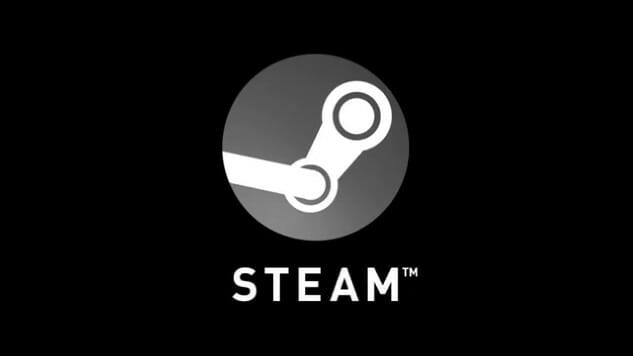Steam Spy, one of the most valuable tools for analyzing product performance on Steam, is ceasing operation following an update to Steam’s privacy settings.
Started by Sergey Galyonkin in 2015, the site helped developers, publishers and journalists analyze sales figures and identify emerging trends and genres within the market by scraping players’ game libraries. The site will no longer be able to operate as it has for the past three years, as the privacy update now makes all players’ game libraries private by default.
“Steam Spy relied on this information being visible by default and won’t be able to operate anymore,” said Galyonkin via Twitter. “To reiterate—it’s not because of the new privacy settings. It’s because Steam just made everyone’s gaming library hidden by default (this wasn’t in their blog post).”
The blog post mentioned by Galyonkin explains that players will be able to make their total gameplay time private and filter who can access their profile’s game details, but makes no mention of the Steam’s decision regarding the games library.
While Steam users have been asking for more privacy options, of interest is the timing of Valve’s decision. Mark Zuckerberg is currently in his second day of Congressional testimony related to the Cambridge Analytica scandal and new EU privacy laws are set to take effect next month. Oddly enough, Valve’s privacy update doesn’t make Steam compliant with those new EU privacy laws, meaning more measures could be coming shortly.
The dissolution of Steam Spy leaves few options for analyzing the largest PC gaming storefront, and none as encompassing and accessible. Digital videogame sales figures remain obtuse, and indie development could be greatly impacted without tools like Steam Spy. “Developers certainly benefit as it means they are not completely reliant on their publisher’s provided figures,” Sexy Brutale design director Charles Griffiths told PCGamesN. Path of Exile lead designer Chris Wilson echoed those concerns, saying that indie developers will “have to rely on more expensive market research methods to validate whether there’s an audience for the type of game they want to make.”
Even worse, the inability to analyze markets could lead to more developers exiting the field altogether. “Without being able to get some objective verification of how the market is behaving, it’s possible that more devs will quit,” said Mode 7 Games’ Paul Kilduff-Taylor.
While the site will no longer operate as it has, Galyonkin tells Polygon he is committed to reconfiguring his algorithm to “extrapolate information based on what is publicly available,” though “the margin of error is going to be huge,” meaning he will not “expose the new version to the general public.”
